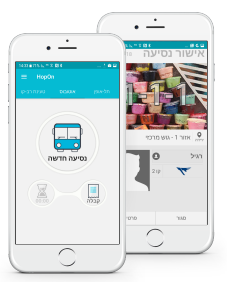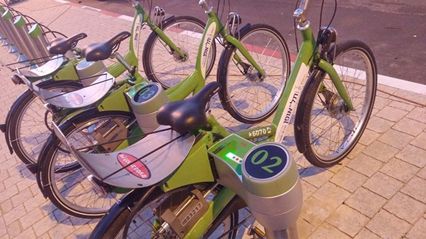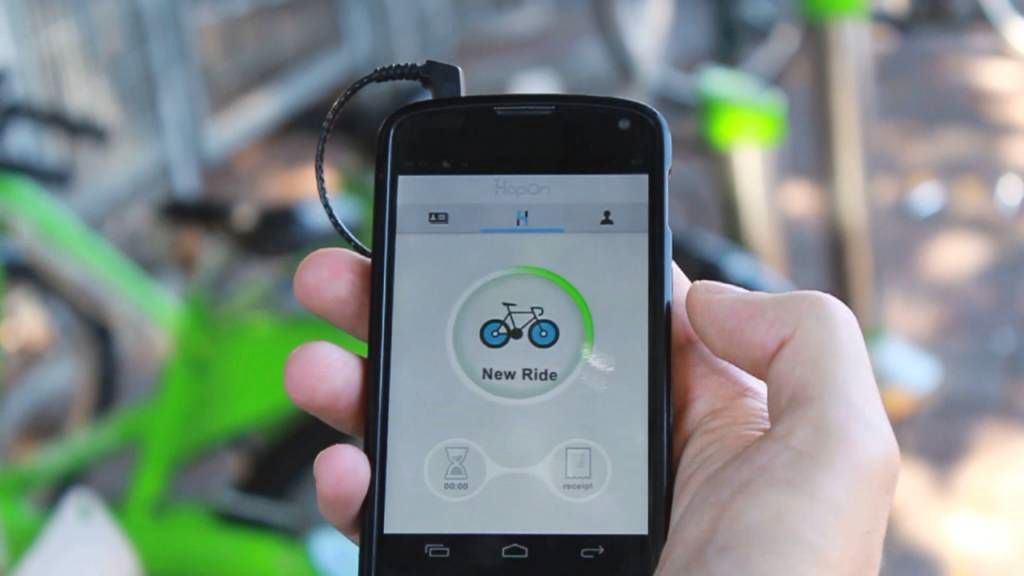Dan

Seamless Mobility on Public and Shared Transportation in the Greater Tel Aviv Area
Background
With a population of 3.7 million residents, greater Tel Aviv is Israel’s largest metropolitan area. While a metro system is currently under construction, public transportation is dominated by buses.
In recent years, the Tel Aviv municipality set up a bike sharing system that is popular with locals and tourists alike.
Up until 2014, ticketing was based mainly on smart cards, with an option to buy single-ride tickets from the bus driver.
Seamless Ticketing Solution
Today, HopOn offers passengers seamless mobility across Tel Aviv on buses and shared bicycles. In addition, HopOn users can also top-up their physical smart cards for rides outside the city through their mobile phones. Payment can be made by credit card or through Bank Hapoalim’s e-banking app, as HopOn is integrated with Israel’s largest bank.
Bus Transport
Starting with a pilot on 100 buses in 2014, the HopOn m-ticketing solution has since been implemented on all Dan bus lines. Dan is the largest PTO in the Tel Aviv area, with a fleet of 2000 vehicles.
Passengers can purchase both single and monthly tickets through the app. Currently, the system is operated in a CiBo model. While originally users had to scan QR codes to check in, buses are gradually becoming equipped with ultra-sonic beacons so that passengers can simply activate their tickets through the app
Tel-o-Fun Bike Sharing
The HopOn App enables cashless purchase of daily, monthly or yearly access cards to shared bikes. With ultra-sonic beacons installed at the 200 rental stations throughout the city, users can release and return bikes effortlessly, with a single swipe.
Smart Card Top-up
To further facilitate transit ticketing and payment, HopOn
offers users mobile top-up for the Rav-Kav smart cards that are used to buy tickets for bus and railway transport outside the city.

Results and Outlook
Mobile ticketing and payment have been very positively received by the passengers. To date, over 180,000 users have been registered and an average of 30,000 people utilize the service every month. Monthly pass holders exhibit a retention rate of 95%, which is an indication that the HopOn solution provides convenience to commuters and residents who use public transit frequently.
From an operational perspective, Dan reports lower costs and a simplified boarding process. The company is looking to expand the m-ticketing service to other cities. They are currently running a pilot in Be’er Sheva with beacons installed on 180 buses. Working in CiBo mode at present, the solution will support the transition to BeBo at a later stage, based on a combination of beacons and GPS tracking. HopOn is currently in discussion with Dan and the Ministry of Transportation to introduce a post-payment
model where passengers are charged at the best available price


Tel-o-Fun bike station:
HopOn users can release bikes with a single swipe
